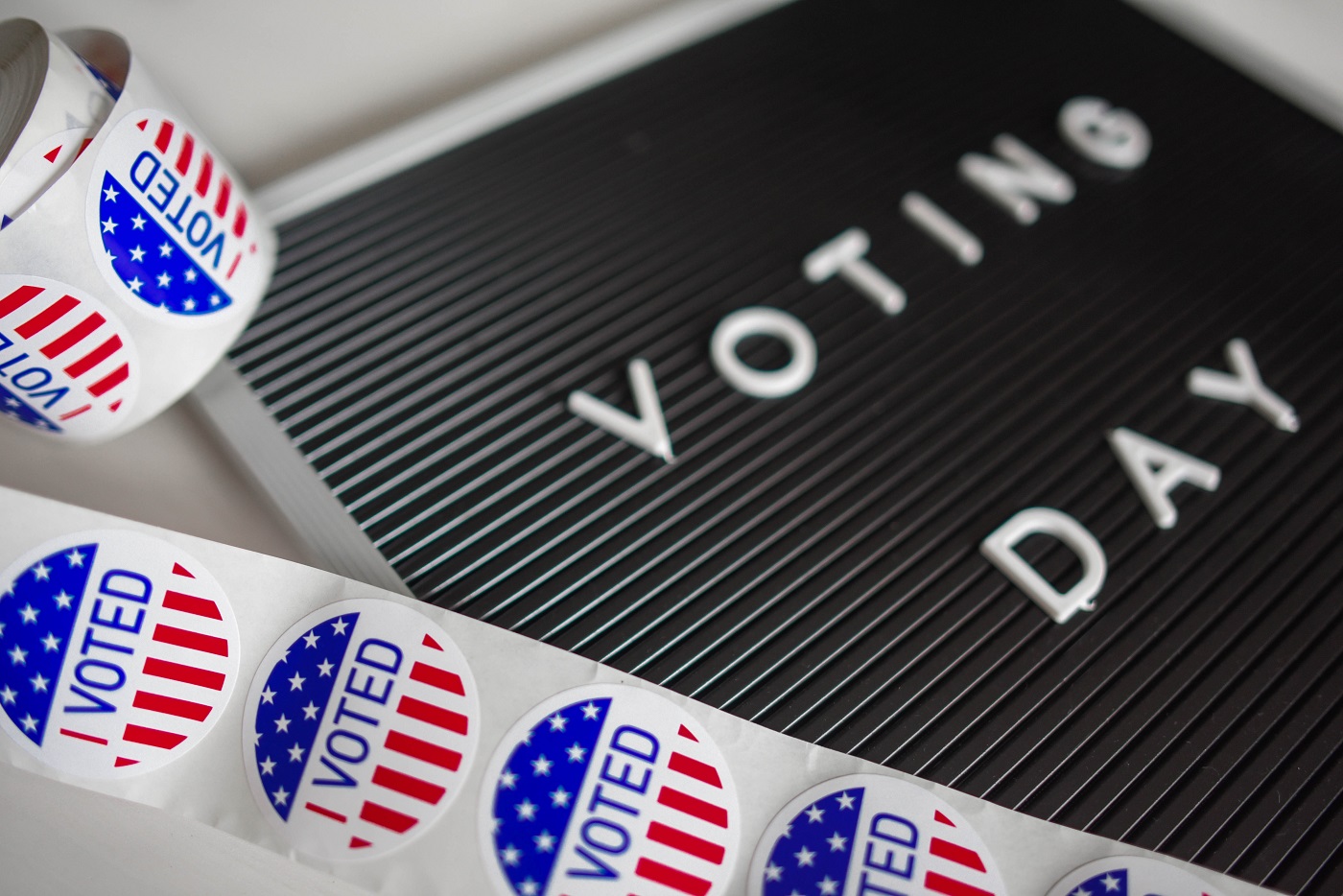
On July 13, 2017, the State enacted P.L. 2017, Ch. 106 often referred to as the Radburn bill, a supplement to the Planned Real Estate Development Full Disclosure Act intended to ensure Condominium, HOA, and Cooperative elections are conducted in a fair and open manner. The new Law contains important new procedural and substantive requirements for: (1) Membership Voting Rights; (2) Board Elections; and (3) Bylaw Amendments. Management and Boards must navigate these new requirements carefully, else they may face costly challenges to the validity of Association elections and Bylaw Amendments.
Except for new notice and ballot rules for elections in Associations with 50 or more Units, the new Law became effective on July 13, 2017. The new notice and ballot rules become effective on October 1, 2017.
1. Membership Voting Rights:
The new Law provides, “Membership in the association of a planned real estate development shall be comprised of each owner within the planned real estate development[.]” N.J.S.A. 45:22A-43.1.c. This means that except for owners not in good standing, all owners must be permitted to run for the Board and vote on Board elections and Bylaw Amendments, even if otherwise prohibited by an Association’s Governing Documents.
The new Law also creates a definition of standing to be applied in determining whether a member is eligible to run for the Board and vote on Board elections and Bylaw Amendments:
“Good standing” means the status . . . applicable to an association member who is current on the payment of common expenses, late fees, interest on unpaid assessments, legal fees, or other charges lawfully assessed, and which association member has not failed to satisfy a judgment for common expenses, late fees, interest on unpaid assessments, legal fees, or other charges.” N.J.S.A. 4:22A-23.7.
Members who are compliant with a payment plan or who are actively disputing the charges in ADR or in Court must also be permitted to run for the Board and vote on Board elections and Bylaw Amendments. N.J.S.A. 4:22A-23.7.
It is important to note the new good-standing requirements do not apply to revocation of other Membership rights, such as use of the amenities. Good-standing clauses in Associations’ Governing Documents still control as to those rights, meaning many Associations will now have 2 separate tiers for members in bad standing. For this reason, some Associations may decide to simplify the categories by amending their good-standing clauses to conform with the definition in the new Law.
The new also Law permits Tenants to run for the Board and vote on Board elections and Bylaw Amendments if both: (a) permitted to do so by the governing documents; and (b) granted the right either by the Unit Owner in writing or by historical practice of the Association prior to enactment of the new Law. N.J.S.A. 4:22A-23.s.
2. Board Elections
The new Law establishes new procedural requirements for Board elections:
1. All proxy ballots must contain the following disclaimer. N.J.S.A. 45:22A-45.2.a.
Use of this proxy is voluntary on the part of the granting owner. This proxy is voluntary on the part of the granting owner, and can be revoked at any time before the proxy holder casts a vote. Absentee ballots are available.
2. If proxy ballots are permitted, then absentee ballots must also be made available. N.J.S.A. 45:22A-45.2.a.
3. Associations must allocate election votes equally amongst the units unless the Governing Documents weight the votes based upon the size or value of each unit. N.J.S.A. 45:22A-45.2(c)(9).
4. No more than 1 Trustee per Unit may serve on the Board. N.J.S.A. 45:22A-45.2.f(1)(e).
For Associations with 50 or more Units, the following additional requirements apply, and become effective as to any election scheduled after October 1, 2017.
- No Trustee may be appointed without a Member election, unless to fill a vacancy due to resignation, death, failure to maintain qualifications or good standing, or removal by Membership vote. N.J.S.A. 45:22A-45.2.f(3)(a).
- No Trustee shall be elected to a term of longer than 4 years. N.J.S.A. 45:22A-45.2.c(1).
- Stand-ins with a valid proxy or power of attorney must be permitted to vote. N.J.S.A. 45:22A-45.2.c(2).
- Associations must provide a first notice of the election at least 30 days ahead of the meeting notice, allowing the owners at least 14 days to nominate candidates. N.J.S.A. 45:22A-45.2.c(3).
- All candidates in good standing must be included on the ballots if they were nominated by the deadline provided in the nomination notice, or if no deadline was specified, by the business day before mailing of the meeting notice. N.J.S.A. 45:22A-45.2.c(4).
- Associations must mail a second notice of the election between 14 and 60 days ahead of the meeting, setting forth the date, time, and location of the meeting. N.J.S.A. 45:22A-45.2.c(5).
- Unless prohibited by the Bylaws, the meeting notice shall include both a proxy ballot and an absentee ballot listing all valid candidates in alphabetical order by their last name. N.J.S.A. 45:22A-45.2.c(5) & (6).
Election meeting notices may be sent electronically, but only if the Governing Documents permit electronic notice or the member agreed to accept electronic delivery. N.J.S.A. 45:22A-45.2.c(5).
Smaller Associations with less than 50 Units are excepted from these additional requirements, although they must still hold fair elections, and should generally conform to the new notice requirements as the best practices recognized by the State. N.J.S.A. 45:22A-45.2.b.
3. Bylaw Amendments
The new Law also enables Members to amend the Bylaws if the Governing Documents either don’t provide for such an Amendment, or if the Governing Documents require more than 2/3 of the Members vote to pass any Amendment to the Bylaws. N.J.S.A. 45:22A-46.d(2). In either of those circumstances, the following default provisions control:
- Members may amend the Bylaws by a majority vote of all Members in good standing. N.J.S.A. 45:22A-46.d(2).
- The Members may call a Bylaw Amendment vote by petition signed by at least 15% of the membership. N.J.S.A. 45:22A-46.d(2)(a).
- The Bylaw Amendment meeting must be held within 60 days of the Association’s receipt of the petition. N.J.S.A. 45:22A-46.d(2)(b).
- The Association must revise the proposed Amendment to clarify any ambiguities and to conform with the other provisions of the Bylaws and with applicable laws. Notice of the meeting, together with the proposed Amendment, must be sent to the Members at least 10 days prior to the meeting. N.J.S.A. 45:22A-46.d(2)(c).
- If proxy ballots or absentee ballots are permitted by the Bylaws, then the Association must accept ballots submitted by mail, facsimile, and email up to 1 business day before the meeting. N.J.S.A. 45:22A-46.d(2)(d).
Individual aspects of these requirements also control as default provisions if an Association’s Bylaws are not sufficiently clear on the procedure for amending the Bylaws. N.J.S.A. 45:22A-46.d(2).
Finally, the new Law grants Boards the power to amend the Bylaws directly where either: (a) the Amendment is necessary to comply with the law; or (b) the Members are given notice and opportunity to reject the proposed amendment. N.J.S.A. 45:22A-46.d(5). If at least 10% of the Members oppose a Bylaw Amendment that is not necessary to comply with the law, then the Board cannot pass the Amendment. N.J.S.A. 45:22A-46.d(5)(b).
Given the vast diversity of language in New Jersey Condominium, HOA, and Cooperative Governing Documents, application of the new Law will create many novel conflicts and issues that will have to be analyzed and resolved on a case-by-case basis. Boards should be encouraged to review their Governing Documents with the Association’s attorney to identify and head off any such issues ahead of the Association’s next election or Bylaw Amendment. Failure to conform with the new Law and resolve any conflicts ahead of time may result in an invalid Membership vote, putting the Board in the politically embarrassing position of having to void the results and administer a second meeting.
McGovern Legal Services, LLC, is thoroughly familiar with applying New Jersey’s ever-shifting laws and regulations to a wide range of Governing Documents and circumstances. If Management or the Board have questions about how to administer elections or Bylaw Amendments in light of the new Law, anticipate Membership challenges and unrest at the Association’s next election, or struggle with reaching quorum to hold an election or amend the Bylaws, then the attorneys at McGovern Legal Services, LLC, would be pleased to assist your Association.









